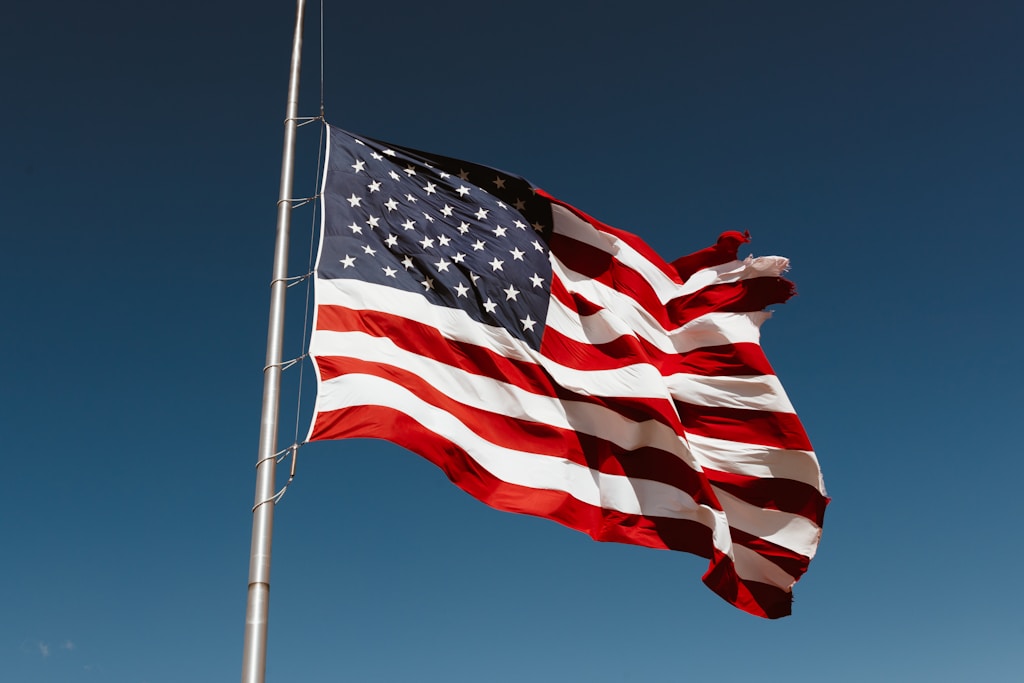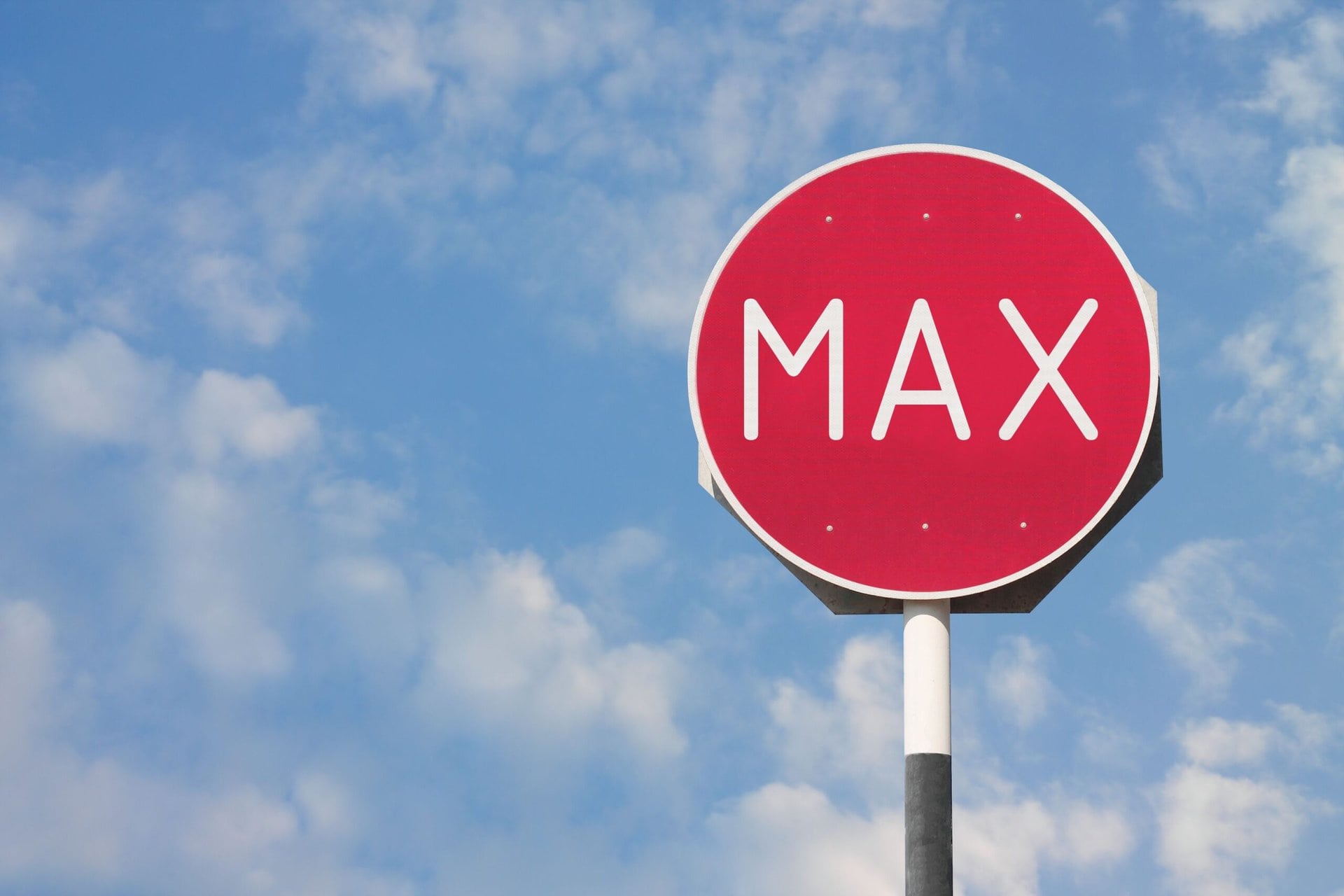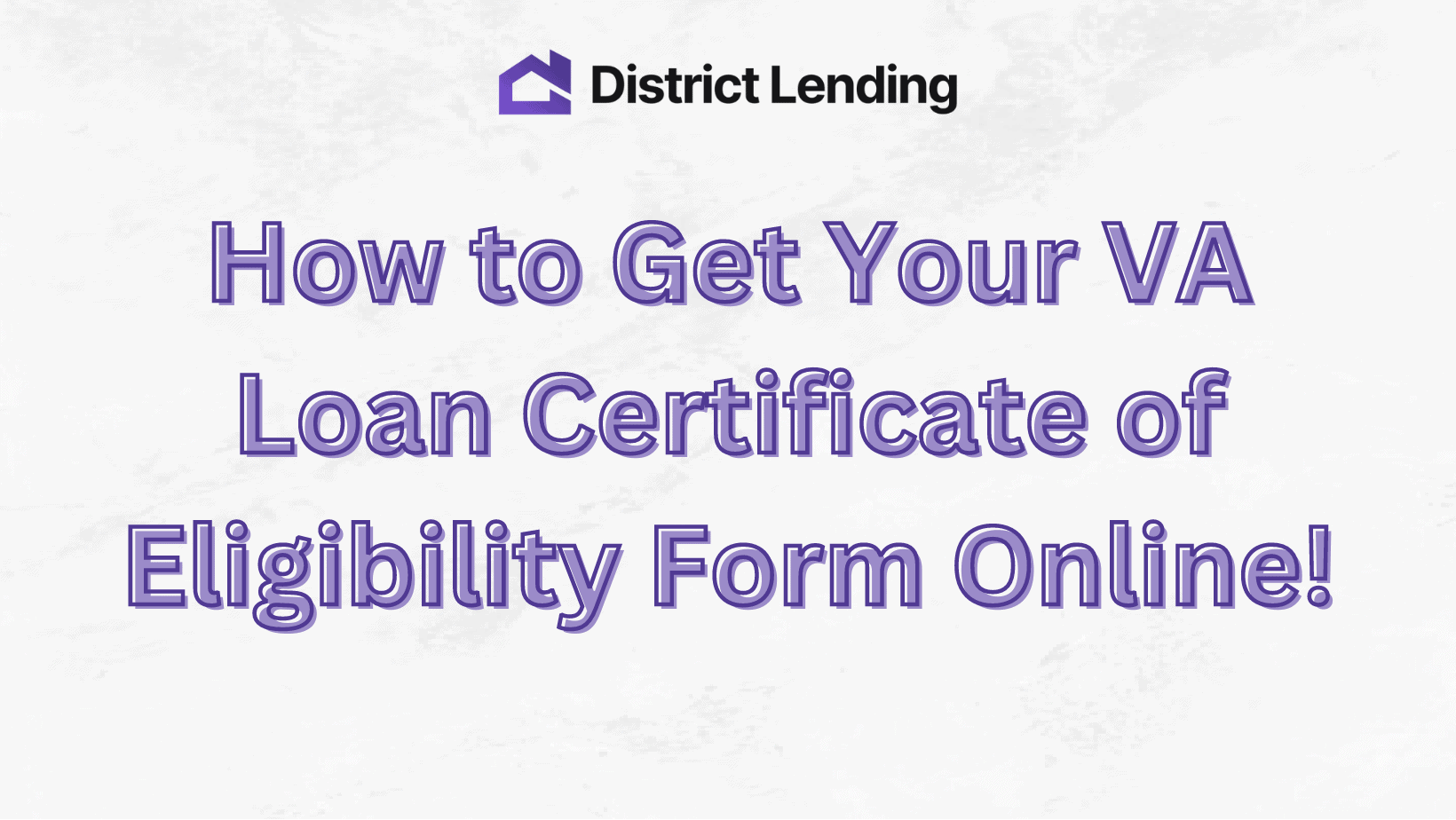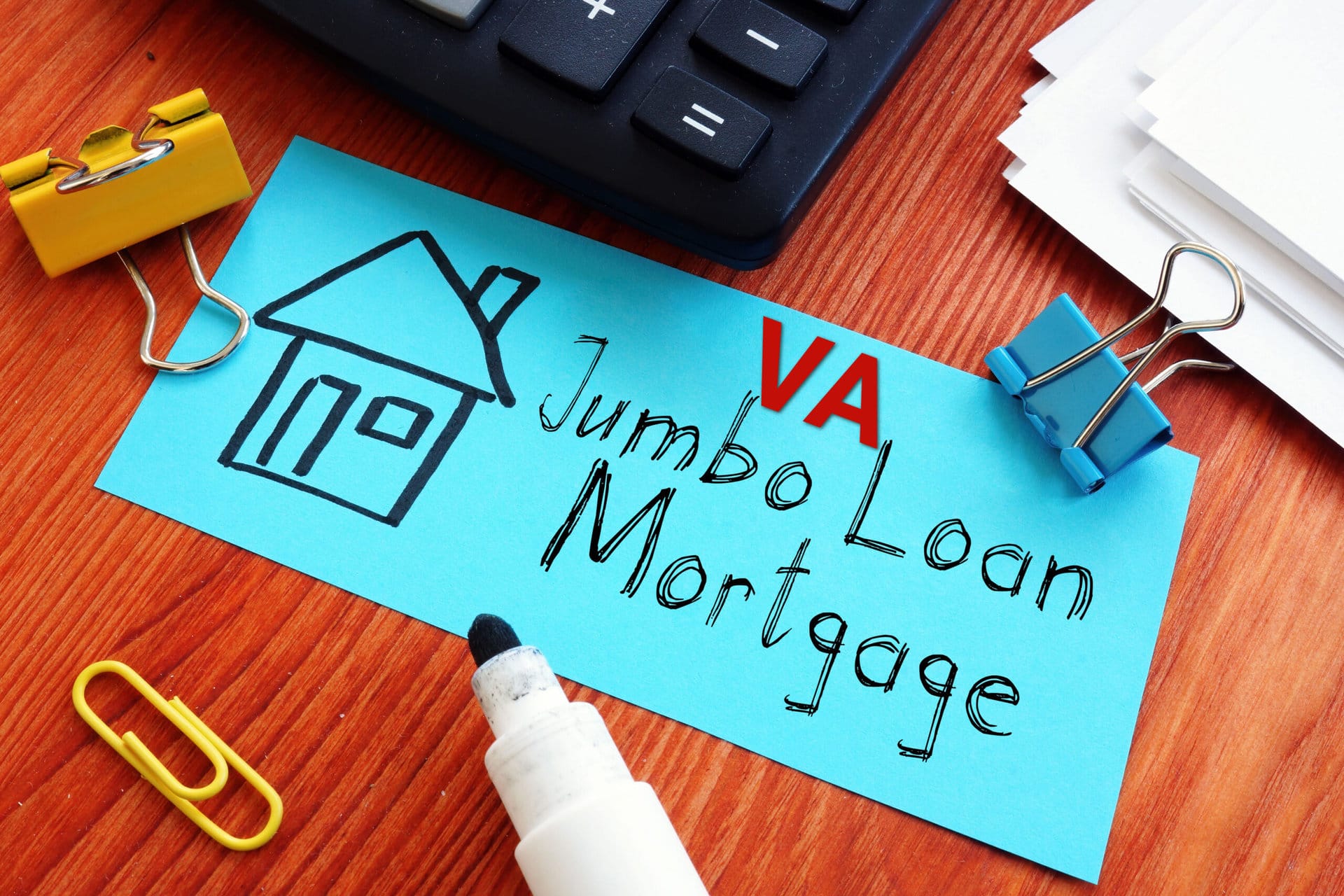A VA loan is a benefit available to Americans serving in the military. It is also known to veterans and unmarried spouses whose partners died while in the line of duty. Each year the VA updates the loan limits. However, these limits do not apply. This article reviews loan limits and situations where VA loan limits apply.
What is a VA Loan?
A VA loan is a mortgage available to eligible veterans, service members, reservists, and surviving spouses of those who passed on in the line of duty. It is a government-based loan backed by the Department of Veterans Affairs.
Several VA loan types exist and come with several benefits. They include:
Purchase
VA mortgage loans allow borrowers to build or purchase homes without down payments. When applying for a loan through District Lending, the home construction should be completed before closing the loan.
Refinance
Beneficiaries can refinance from a conventional or FHA loan into a VA loan. VA loans are the only loan types that allow investors to convert 100% of their equity to cash.
VA Streamline
The VA streamline is a refinancing option to help lower the interest rate and change the existing loan terms. One of the main benefits is that beneficiaries can refinance to lower the rates even if they owe more than the property’s worth. It also comes with a reduced funding fee and does not require an appraisal. This loan type is referred to as the interest rate reduction refinance loan.
VA Jumbo
Lenders offer VA jumbo loans for properties worth more than the limits set on conforming loans. Top lenders such as District Lending offer loans of up to 2 million where the limit is 1.5 million and do not require any down payment.
The Native American Direct Loan
This loan type is not available through the lender. The VA directly pays any eligible Native American service member or veteran for homes purchased on tribal land. The loan interest rates begin at 2.75% with a 30-year repayment period.
Requirements to Qualify for a VA loan
VA loans come with a few requirements that one should meet. However, VA loan requirements are more lenient than a conventional mortgage. These requirements include:
Certificate of Eligibility
The VA provides a Certificate of Eligibility as proof to show that you meet all the VA minimum requirements to qualify for a VA loan. To apply for the certificate, one must complete a DD214 form or a statement of service. Approved VA lenders such as District Lending can help you apply for the CoE.
Debt-to-Income Ratio
The DTI ratio compares the total debts paid and the monthly gross income, expressed as a percentage. The VA does not limit the maximum DTI ratio for qualified members. However, people with a fixed loan rate can apply for a VA loan even with a high DTI of 60%.
Credit Score
Veteran Affairs does not set any minimum credit score standards. Most lenders can set their guidelines. At District Lending, the minimum credit score is 580. However, the minimum score varies depending on other factors.
Occupancy Requirements
The property obtained through a VA loan should be your primary residence. One cannot use the home as a seasonal home, rental property, or vacation.
The Basics of VA Loan Limits
Typically, VA loans have no limits. However, limits only exist on how much the VA will guarantee, which is mainly 25% of the loan amount if one defaults on payments. The guarantee depends on the total VA entitlement.
In 2020, the VA eliminated loan limits for active duty service members and veterans who qualify for a full VA loan entitlement. However, the limits apply to applicants who default on a VA loan or have an active VA loan.
According to a publication by CBO, the VA projects a guarantee of 268 billion in new mortgages, which would boost the budget deficit by almost $2.8b.
What are VA loan Limits?
VA loan limit is the total amount one can borrow without a down payment. The limits are similar to those of the FHFA on conforming loans. The limits do not capitalize on the amount you can borrow but set the maximum amount you can finance without any down payment.
As of 2020, veterans, reservists, surviving spouses, and active duty members are not subject to any limit. Therefore, every qualified borrower with full entitlement can purchase a property that supersedes the conforming loan limit of $647,200 in 2022. The max limit for district lending is $2,000,000 for VA loans.
You will receive a full entitlement if you meet at least one of the following requirements:
- You are a new VA loan applicant
- You have paid a previous VA loan and sold the property
- You faced foreclosure but cleared the loan
Having no limits does not mean that VA homebuyers have unlimited borrowing power. VA-authorized lenders will still limit your loan size depending on various factors, such as borrowing credentials. However, District Lending provides flexibility on the loan requirements to enable you to qualify for one.
Before loan disbursement, borrowers should prove that:
- They meet the minimum credit score
- They can afford to pay the monthly payments
- The home’s market value is similar to the loan amount given
However, a VA loan is still available to borrowers who have used part of their VA entitlement.
What is the Importance of VA loan limits?
VA loan limits do not restrict how much you can purchase the house using the VA loan. The limits only apply to the portion guaranteed by the VA and how much money qualified home buyers can borrow without any down payment.
One can choose to buy an expensive house, but lenders will require you to make a down payment to reduce the amount borrowed to be in line with the limit guaranteed.
How to Calculate VA loan Limit 2022
If you are fully entitled, as indicated in the Certificate of Eligibility, the VA loan limits do not apply. Eligible borrowers can borrow the maximum amount the lender provides without any down payment. The Veteran Affairs will guarantee up to 25% of the total loan amount.
The amount borrowed won’t have any down payment if you have a reduced VA entitlement. The VA entitlement will help you calculate the loan limit. Below is a guide on how to calculate the VA loan limit:
- Identify the current loan amount and the conforming loan limit for your county
- Multiply the current amount by 0.25 to find the total VA entitlement you have used
- Multiply the conforming limit with 0.25 to establish the maximum amount the VA can guarantee
- Subtract the amount of VA entitled that you have used from the maximum amount the VA will guarantee
- Multiply the result by four to obtain the new loan limit
What to do When Buying a House That Costs More Than the VA Loan Guarantee
People who want to use the VA loan to buy a property worth more than $144,000 but have partial entitlement may have to pay a down payment. The proposed amount depends on the lender’s policy, the value of the property, the amount being borrowed, income levels, credit profile, and debt-to-income ratio.
If the home costs more than the guarantee, you may need to make a down payment, which falls at 25% of the amount above the VA loan limit. For example, a house that costs $747,200 in an area whose limit is $647,200 will make a down payment of $25000, which is 25% of $100,000.
Make a Larger Down Payment.
If funds are available, it is best to make large down payments. Some of the main benefits of making large down payments include the following:
- It reduces the outstanding loan balance
- It reduces monthly payments
- It reduces the loan interest
Consider Additional Loan Costs
VA loan beneficiaries need to pay funding fees to guarantee the loan. However, the funding fee can be waived for special groups such as disabled veterans and surviving spouses. Applicants can also roll out the funding fee into the VA loan.
Reasons to Use VA loans for Homes that Exceed Loan Limits
Applying for a VA loan comes with several benefits. One of the main benefits is purchasing a home with a lower down payment compared to conventional loans. VA loans also exempt homebuyers from paying private mortgage insurance, which may add substantially to their monthly payments.
Interest rates are another major reason that should influence your decision. VA loans have lower-interest rates than conventional mortgage homes.
What is VA Entitlement?
VA entitlement is the total amount of money paid willingly by the VA to the lender if you default on the payment terms. People who qualify for a VA loan should present a certificate of entitlement to the lender. VA entitlement comes in two types:
VA Full Entitlement
A VA loan is a beneficial loan available to military servicemen and veterans. Therefore, one with a full VA entitlement must fall under these categories:
- You are applying the loan for the first time
- You have completely paid a VA loan and sold the home
- You short-sold your home and paid back the full amount of the VA loan
VA full entitlement guarantees you the following:
- For any loan up to $144,000, the VA will pay $36000
- For any loan above $144,000, the VA will pay up to 25% of the loan amount
VA Partial Entitlement
People who own a home may still have partial eligibility for up to the remaining amount of their VA entitlement. For example, if you wish to purchase a $400,000 but live in a $200,000 house, you have sufficient remaining eligibility based on the lowest county limits.
Do You Qualify for a VA Home Loan?
VA home loans are loan offers available to military members and veterans. It allows them to purchase a new home regardless of their credit score. VA loans come with better interest rates, and applicants incur very little upfront costs, such as a down payment.
The Department of Veteran Affairs does not disburse the money to the applicants. It only regulates and approves the application process. It provides applicants with a Certificate of Eligibility that the lenders use for loan approval.
Therefore, once you secure the Certificate of Eligibility, visit District Lending and apply for your VA loan. District Lending is a VA-approved lender that offers VA loans to qualified military personnel at an affordable rate and flexible minimum requirements.
Frequently Asked Questions
What are the Qualification Requirements for a VA loan?
VA loans come with very few requirements, which include the following:
- Obtain a Certificate of Eligibility
- The home purchased should be your primary residence
The VA does not put limits on the credit score or debt-to-income ratio. However, different lenders will set their limits.
What is a VA loan Limit?
The VA loan Limit is the total amount one can borrow without a down payment. The limits are similar to the FHFA loan limits. However, VA limits do not capitalize on the maximum amount but focus on the total amount borrowed without down payments.






